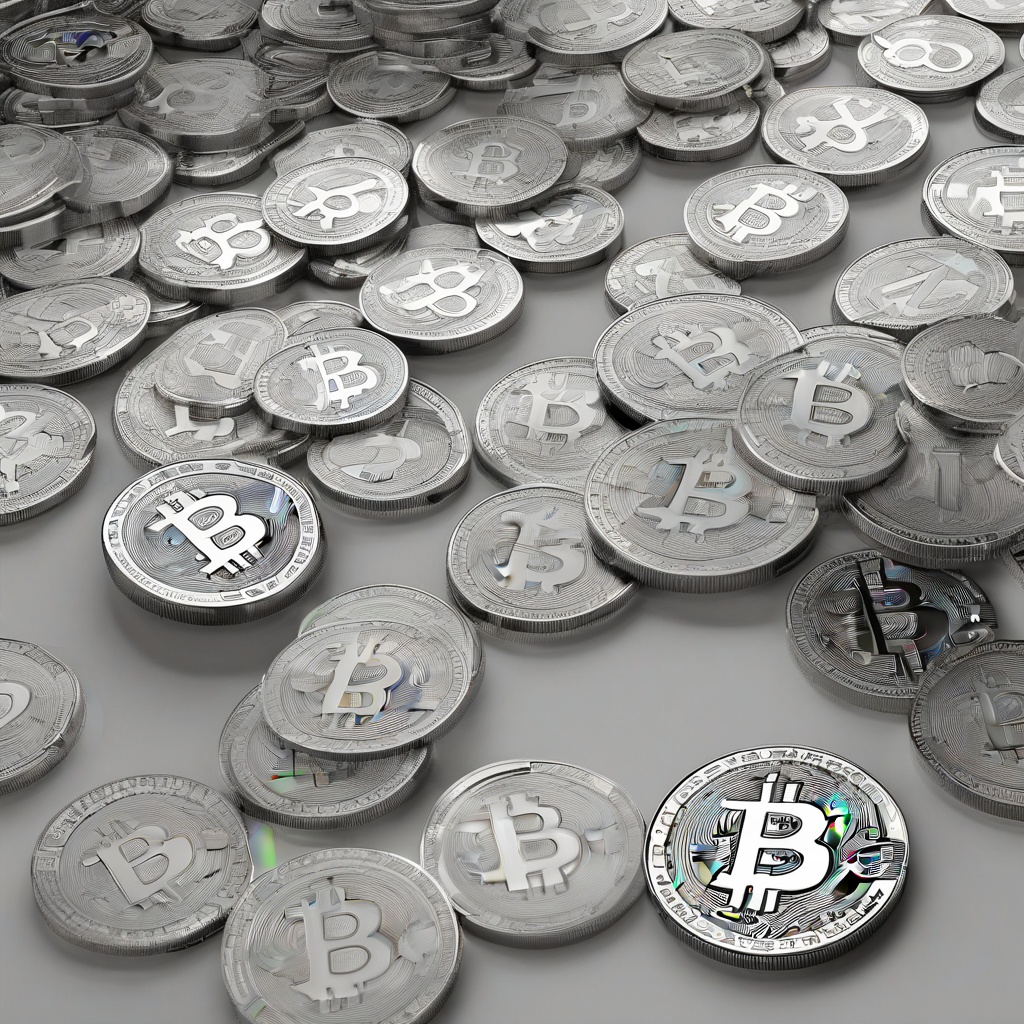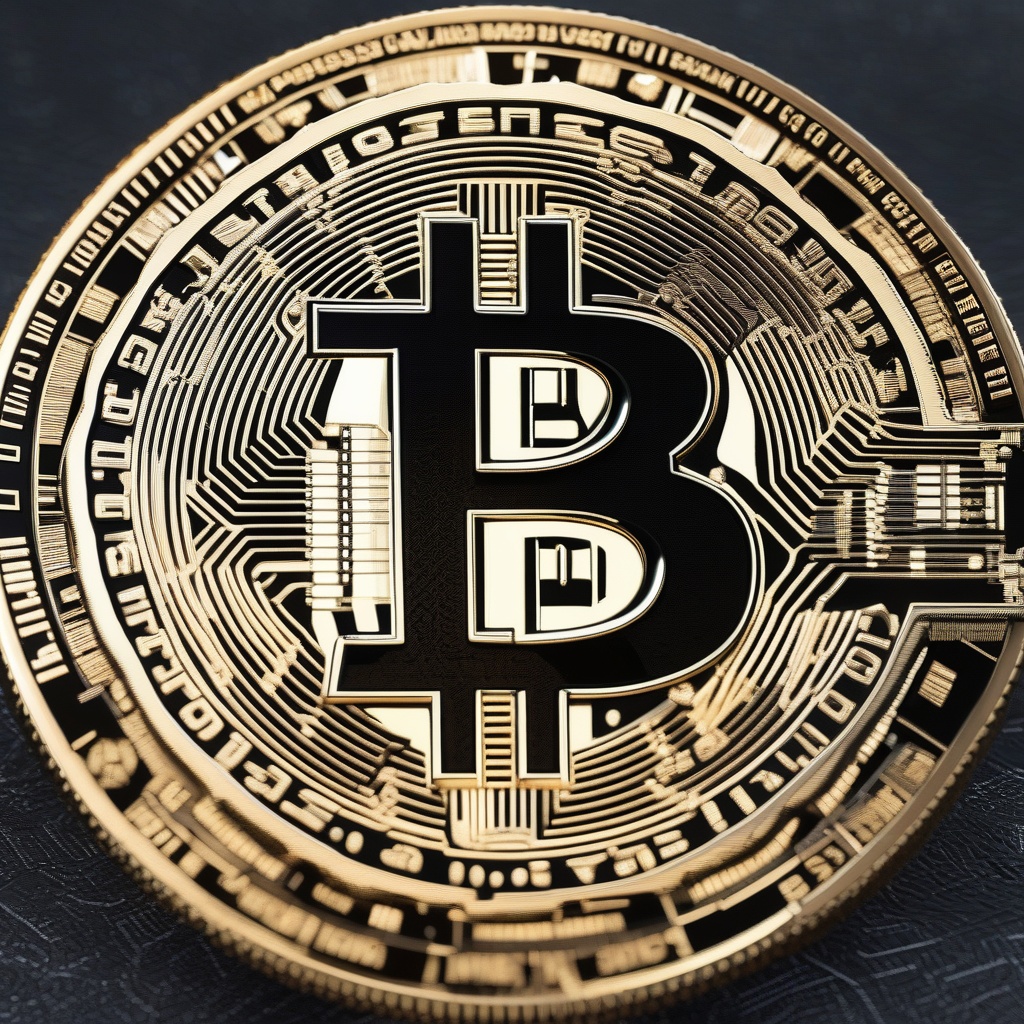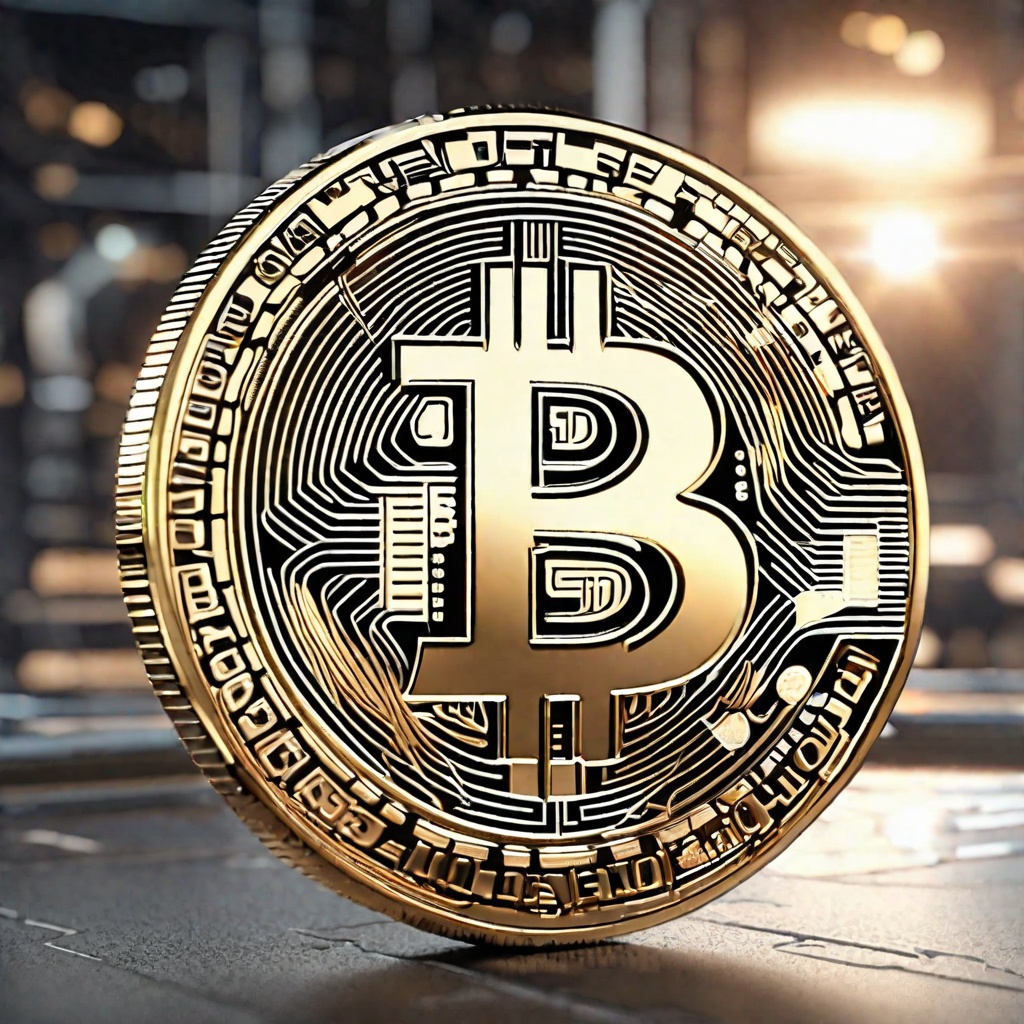What is SDN risk?
I'm inquiring about the risks associated with SDN, possibly related to security, performance, or compatibility issues that might arise in a network environment where SDN is implemented.

Is there any risk in digital gold?
I'm wondering if there are any risks involved with digital gold. I've been hearing about it more and more, and I'm considering investing, but I want to make sure I understand all the potential downsides.

What is the risk of idle cash?
I want to understand the potential risks associated with keeping cash idle, not invested or utilized in any way.

What is beta finance risk?
I'm trying to understand the concept of beta finance risk. Could someone explain what it is and how it relates to investing and portfolio management?

What is CRP in risk?
I'm trying to understand the concept of CRP in the context of risk. Could someone explain what CRP stands for and how it relates to risk management or assessment?

